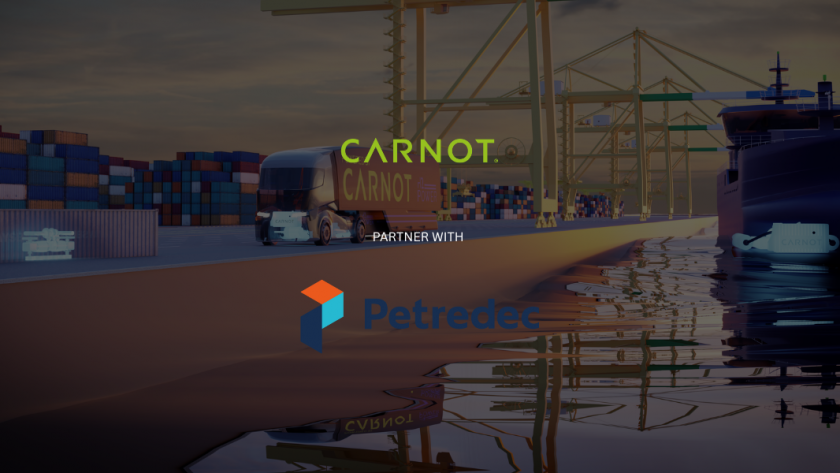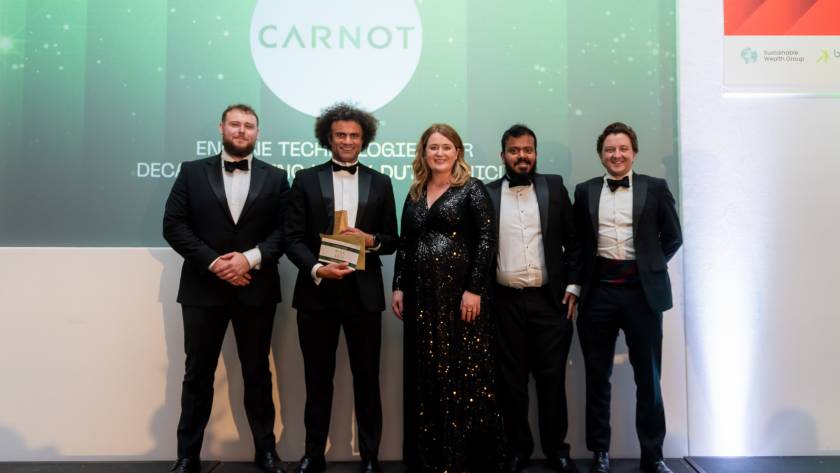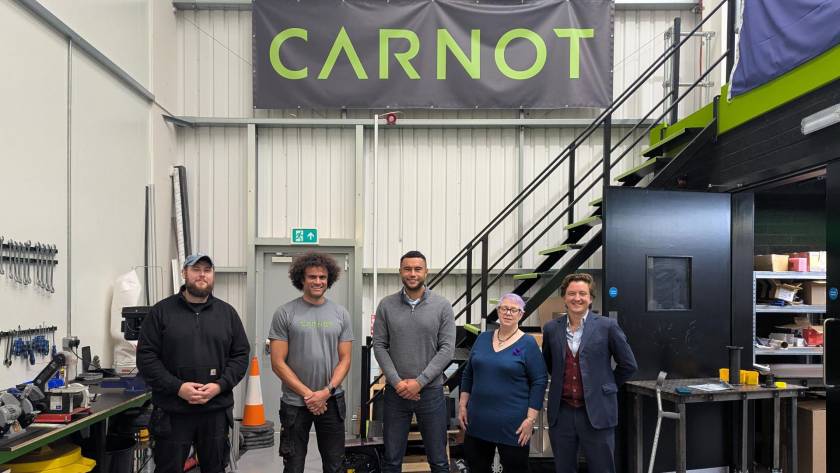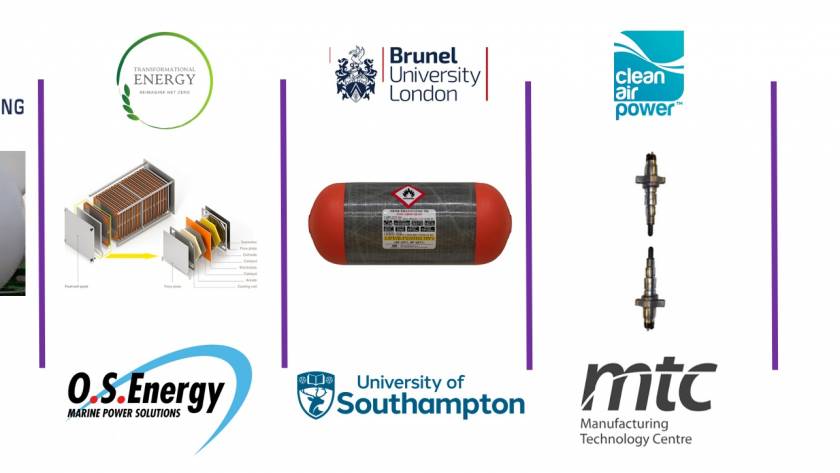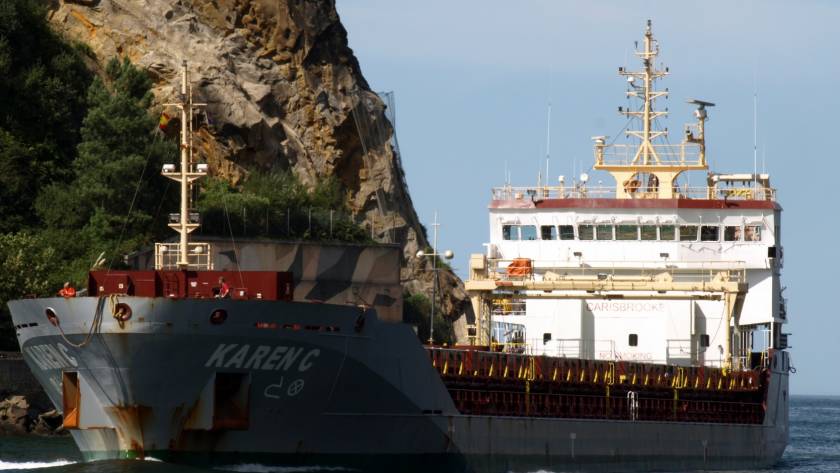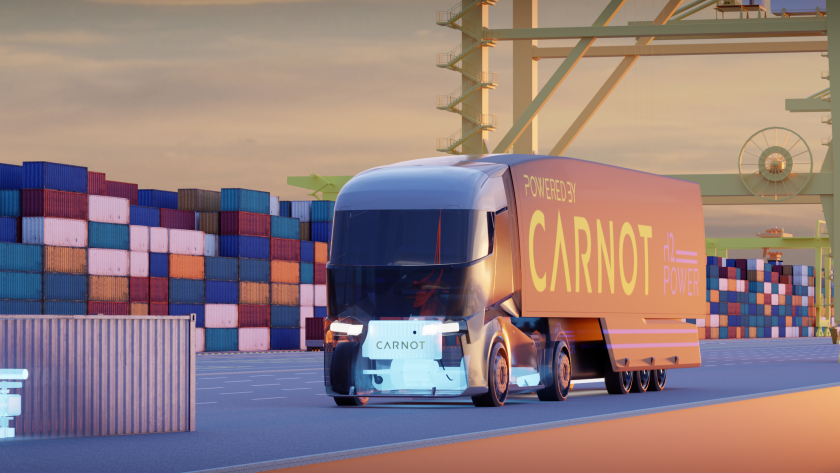We were invited to pitch at the London Tech Week Founders Forum as one of the most exciting UK start-ups currently fundraising. It was a great opportunity to present our…
Today, we are pleased to announce a strategic partnership with Petredec - a global leader in the Liquefied Petroleum Gas (LPG) industry. This partnership will accelerate the deployment of Carnot's…
The Carnot team are thrilled to announce that we have been honoured the RISE Award, in the Green Transport Category.
The Sustainable Times created the RISE awards, to highlight and…
The Carnot team were delighted to host our local Member of Parliament Callum Anderson, on a visit to our Milton Keynes Test site. Just over a year ago, Carnot moved…
Whilst the main engines for Maritime power tend to take the headlines for the emissions produced, the auxiliary engines actually produce more emissions, relative to the power they deliver. Carnot…
The world's most efficient engine
Carnot Engines is a UK Startup making next generation engines to decarbonise heavy-duty power and replace diesel engines. Ever wondered what Carnot is all about?…
Carnot is now a member of the Getting to Zero Coalition!
The Getting to Zero Coalition is managed by Global Maritime Forum, an organisation founded in 2019 by the World…
We are delighted to announce our latest partnership with Mitsui O.S.K. Lines, a Japanese shipping conglomerate with a global fleet of over 800 vessels. MOL are investing directly in Carnot, becoming…
Carnot is leading a £3m grant to decarbonise the largest source of in-port greenhouse gas emissions with a novel Cold Ironing Solution.
When in Port, most vessels use diesel generators…
Carnot is leading a consortium which has successfully won a £2.1m grant to decarbonise maritime power using Ammonia fuel.
This grant, part of the Clean Maritime Demonstration Competition delivered by…
Carisbrooke Shipping is a family-owned British shipping company established more than 50 years ago. They have pioneered increasing vessel efficiency and reduced vessel emissions with a continued dedication to innovation…
We are very excited to launch a £200,000 Crowdfunding round on Seedrs!
This raise will provide us with another years runway, allow us to considerably advance our technical milestones and support…
Carnot has been awarded £2.3M to develop a zero-emission 50kW Hydrogen auxiliary engine demonstrator in conjunction with our partners Carisbrooke Shipping, Brunel University and the Manufacturing Technology Centre. Following design…





